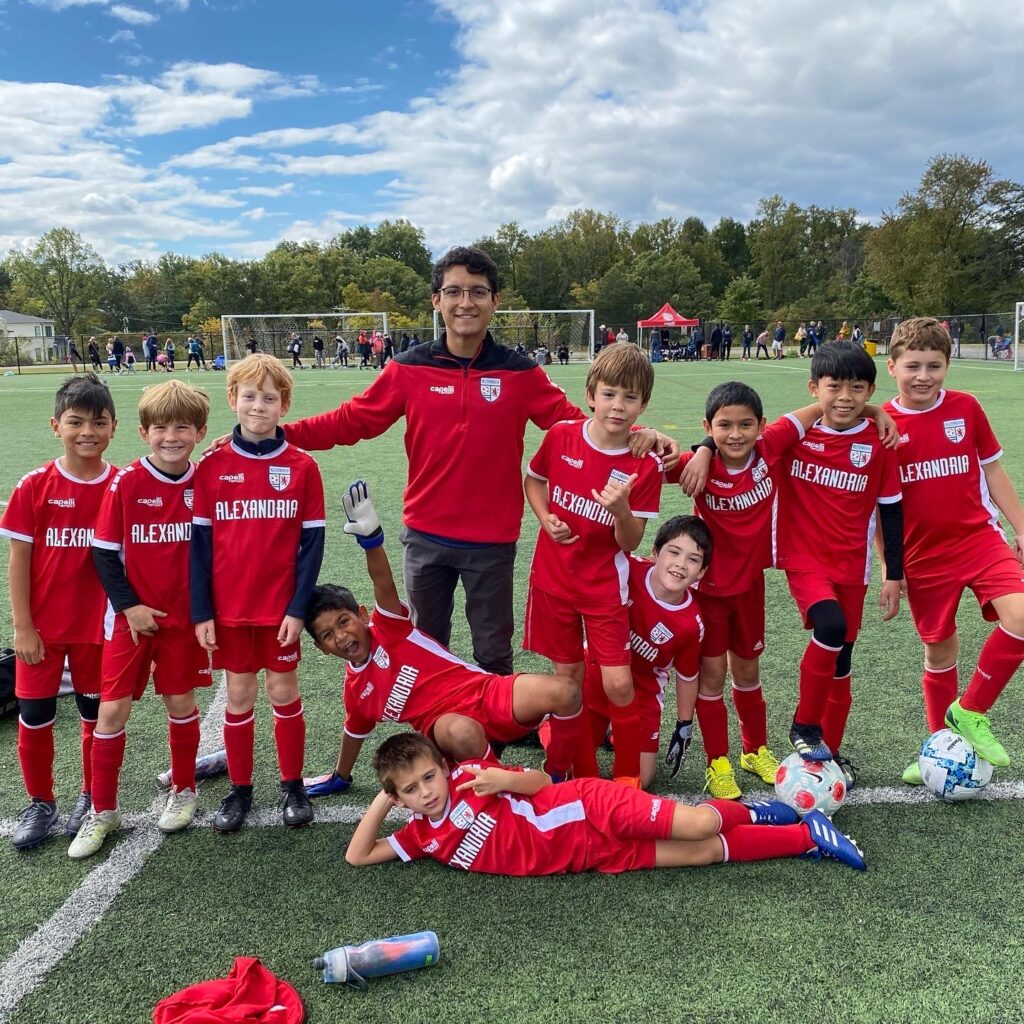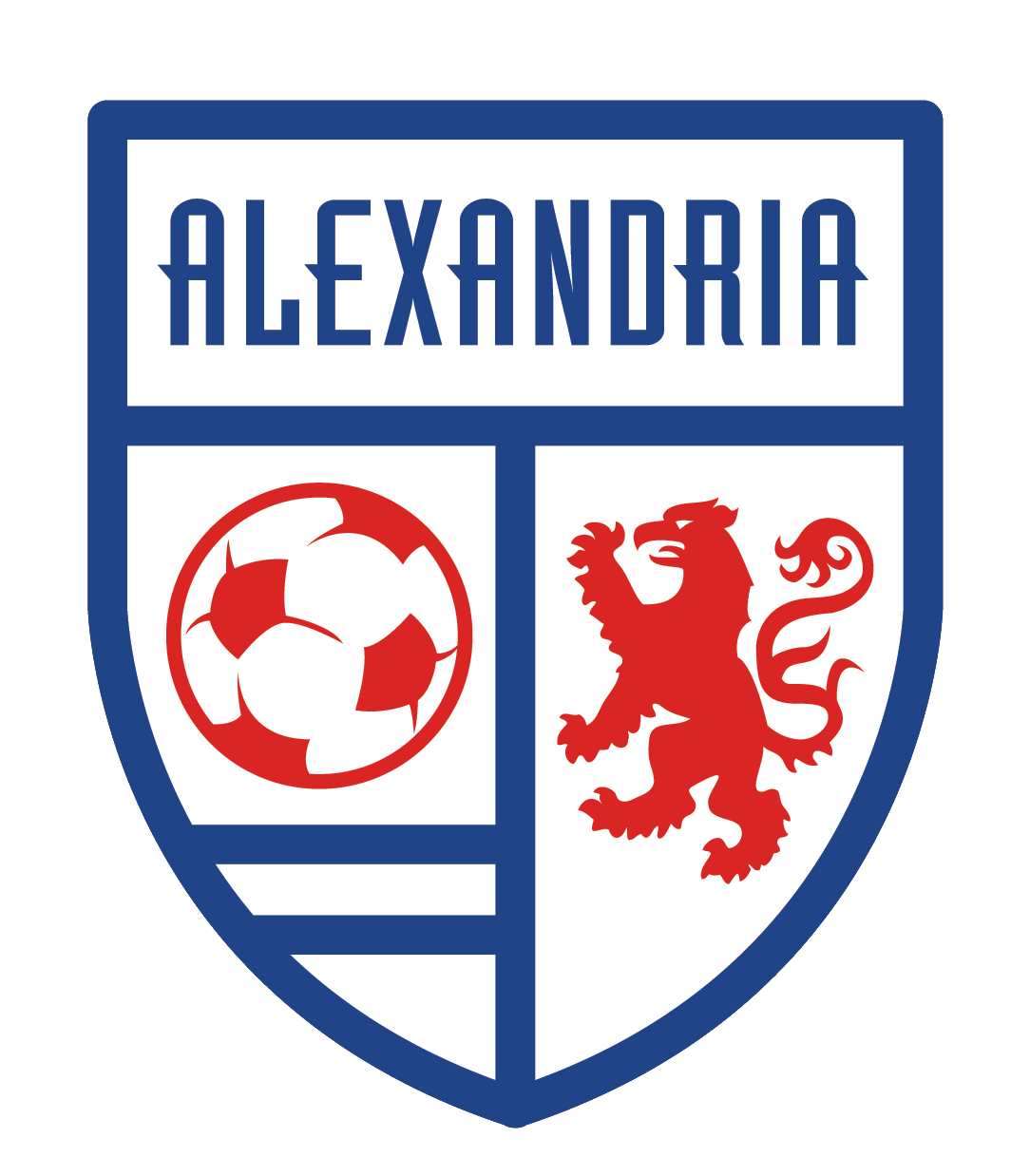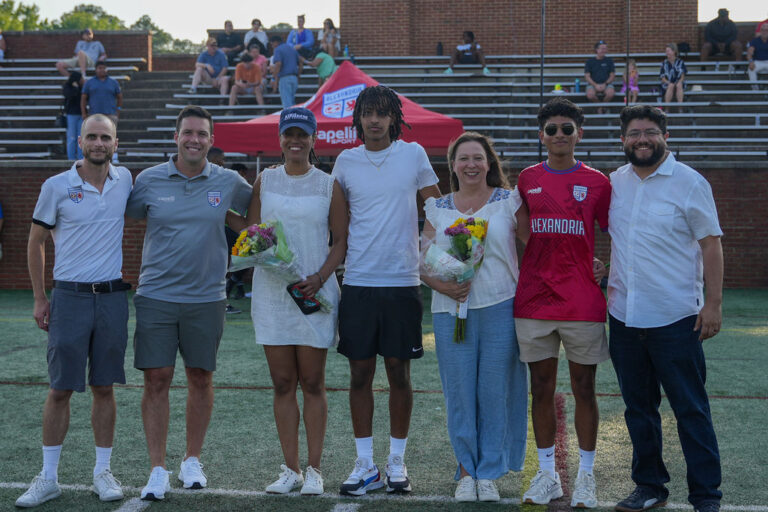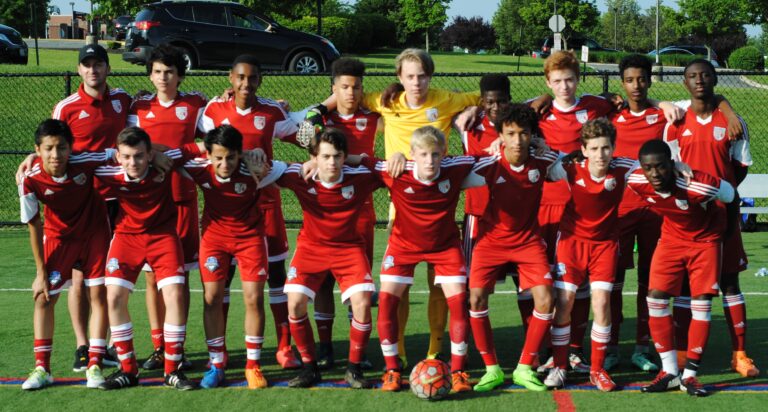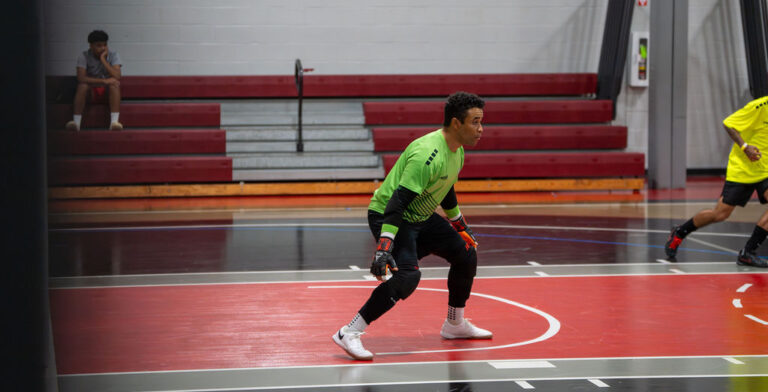As we prepare to kick off the 2023 tryouts for our Academy (travel) soccer program we refreshed and updated some information we have consolidated in the past!
Below is a Q&A that helps answer what soccer tryouts look like from the inside—from ASA’s coach and admin leadership perspective. Take a look into the processes and planning that go on for tryouts as well as information about the upcoming season.
We know that tryouts can be a stressful and anxious time for participants and families and we want to share some of what we’re feeling as well! Check out the information below, shared by our Academy staff team.
Register for Academy Tryouts
How long does tryout planning and prep take for ASA? Who is involved in the process?
Our tryouts begin at the end of April and continue throughout May. A few years ago, we decided to move tryouts earlier due to a number of variables, but one driving factor was to give ourselves a little bit more time on the back end to develop rosters and work with families on proper team placement before “summer break.”
Planning for tryouts starts in January. We begin by looking at lots of data on the current season (player and family feedback, league play, tournament records, etc). This helps us plan the upcoming season and start to understand how to structure the annual experience for each team and age group.
On top of the care and planning that go in to ensuring a great experience for every kid there’s also the necessary but tedious logistical side of things — field space, tryout space, tryout schedule, tryout numbers, coach availability, communication, registration process and lots more! In May almost our entire office staff team (there are 19 of us) gets involved with the 50+ Academy coaches in helping to plan, staff events and prepare for tryouts and registration.
How does ASA evaluate players during tryouts?
We use a variety of criteria to evaluate players — we look at soccer specific aspects as well as other abilities and attributes. We look at technical skills (first touch, comfort on the ball) along with tactical understanding (speed and field awareness with and without the ball). Additionally we look at the psychological strengths of a player which can include confidence, attitude, work ethic and toughness. And finally we take into consideration a player’s natural physical abilities, speed and instinct.
There is no special formula and we’re looking for a group of complimentary players to contribute to each existing team. No player possesses expert levels in ALL of these areas at any time in their development though the Academy program is designed to teach these skills in competitively appropriate training and game environments. We hope to develop players with a variety of skills and strengths to have the most successful teams possible. The ultimate goal of the tryout process is to pair each player with and against peers of similar comfort levels and speed of play within the game at this one point in time. If we do this well each individual player will have a more enjoyable overall experience.
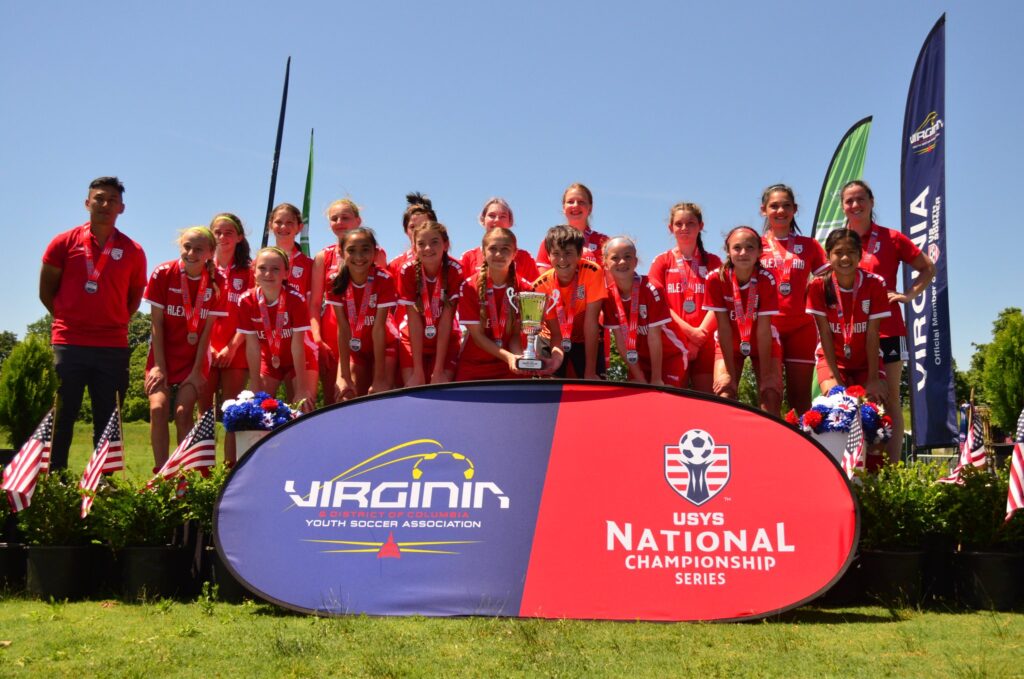
You mention tactical understanding — does my child need to have some experience playing a certain position?
Nope! ASA utilizes a well developed curriculum and we work hard to ensure each coach is trained in teaching and coaching certain age appropriate concepts within our style. New players to the club (at any age) are taught the ASA team and individual principles as it is intrinsic to our day to day training sessions. As players get older and progress through the Academy they build on concepts each year as they become more comfortable and confident. This ultimately allows our players to have more success and opportunities to compete into adulthood!
How do you find coaches for the Academy and will my kid have the same coach every year?
We recruit and hire professional, experienced, licensed coaches in a number of different ways. If you’re interested in coaching or know someone who is, please encourage them to reach out to our Deputy Director of Academy & Futsal Chris Arnold; [email protected].
The coaching assignment process is one of the biggest aspects of tryout preparations as there are infinite variables in assigning a coach to a team. Generally, we try to keep a coach with a team for two years although there are circumstances where coaches have stayed on longer and of course instances where a coach stayed with the team just one year. We believe that a positive aspect of having different coaches every few years is the opportunity for players to experience different styles and to learn from, adapt to, and react to a new “voice.”
When we assign coaches to teams a few items of consideration include:
- Coach’s overall experience
- Coach’s age group experience
- Personalities of parents and players and coach; will they communicate well
- Coach’s schedule & alignment with the needs of this team
- Age group expectations
- Team travel schedule and coach availability
- and much more!
Many of our coaches work full time day jobs that are separate from soccer so we have to be accommodating to ensure we get to keep our awesome coaches from year to year.
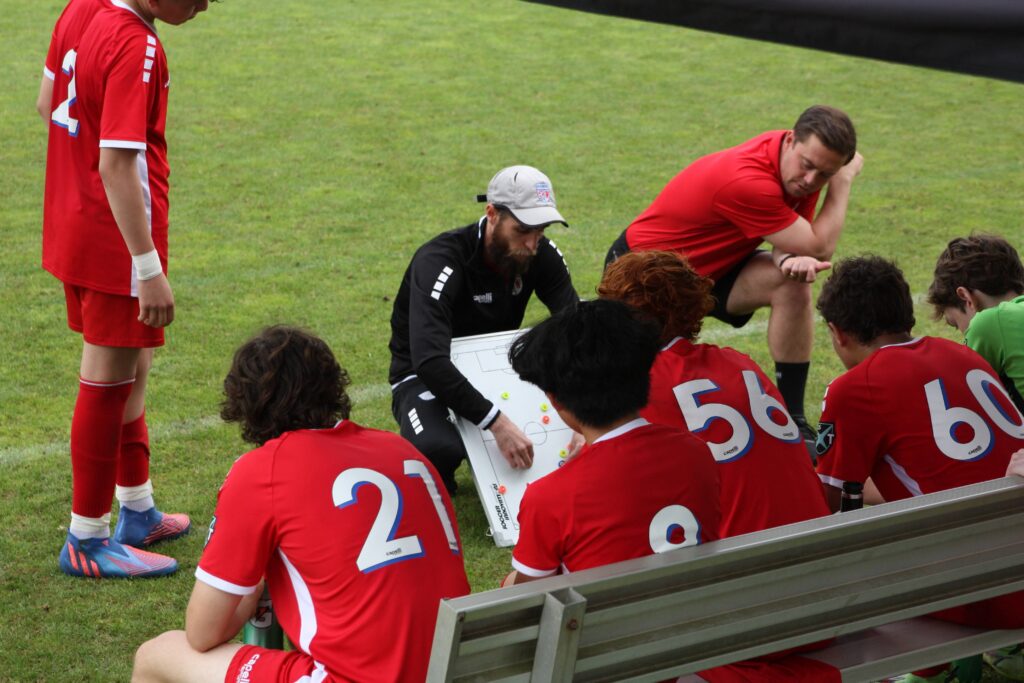
How do you decide which league a team will play in each year?
Our goal is to ensure that each team competes in a league or division where they are challenged and also find success. We work hard to ensure teams are placed in competitively appropriate leagues and sometimes this changes year to year based on the needs of the team.
In the coming season our teams will compete in a variety of different leagues and you can read about each one on this page.
Each season we evaluate the appropriateness of each league experience to ensure we provide our teams with high quality training and competition that align with our participants’ needs and abilities.
If my player is getting a new coach this year, how will the new coach know about my player and how they played a role on the team during the last season?
Leading up to tryouts each Academy coach provides feedback and an overview of their current players. The coaches from the current year provide info to new coaches so that everyone is on the same page. Additionally, the new coach will sometimes come out to training sessions before the official tryouts in order to meet the team or watch them train. In many cases the coach from the previous year is also at the tryouts with their old age group.
This preparation on the back end means that at tryouts, our coaches have a strong grasp on the players within the age group which allows them to assign players to teams most appropriate for their development in the coming year.
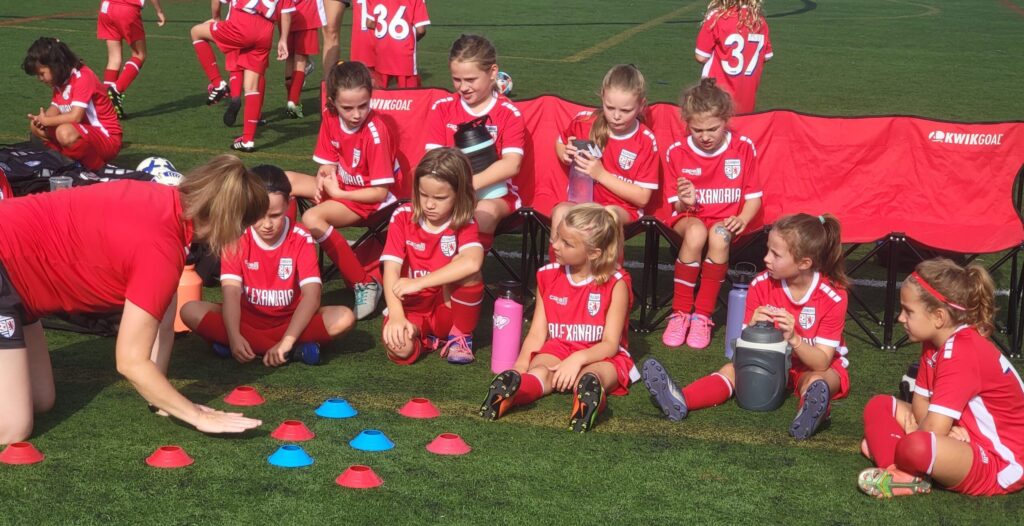
Once all the planning is done, what are we most excited about for the upcoming 2023-20242 Academy season?
Ultimately we’re looking forward to giving kids the best soccer experience possible and helping to ensure they learn, have fun and improve their skills. There is so much planning and preparation that goes into what should be a very rewarding, healthy, and fun childhood experience. We try to remember that at the end of the day what we’re doing is helping kids learn to enjoy highly competitive soccer and become well rounded young adults.
What advice would we give to players trying out for ASA teams?
Be confident, work hard and have fun. Our coaching staff is excellent and they’ll be looking at everything (even the little things that don’t seem to matter). Introduce yourself to the coach and shake hands when you arrive. If a coach asks for volunteers, raise your hand and hop in. But most of all — enjoy playing soccer because you wouldn’t be there unless you loved to play!
We picked out a few good points to remember when talking with your kids and addressing the challenge of trying out for a team.
- Tell them you believe in them and support them always.
- Tell them how proud you are of them for being willing to show up and work hard.
- Tell them that you will love them more than they can possibly understand regardless of if they make the specific team or program they hope to.
- Tell them that life is full of competition and that they are always going to have benchmarks and moments where they will be graded or evaluated so they need to be brave and confident and work hard.
- Tell them that even if they are scared or anxious they should look the coaches in the eye and shake their hands and thank them for the opportunity to play.
- Tell them to simply have fun out there and love the game.
If you’re interested in trying out for a team or learning more please click here!
